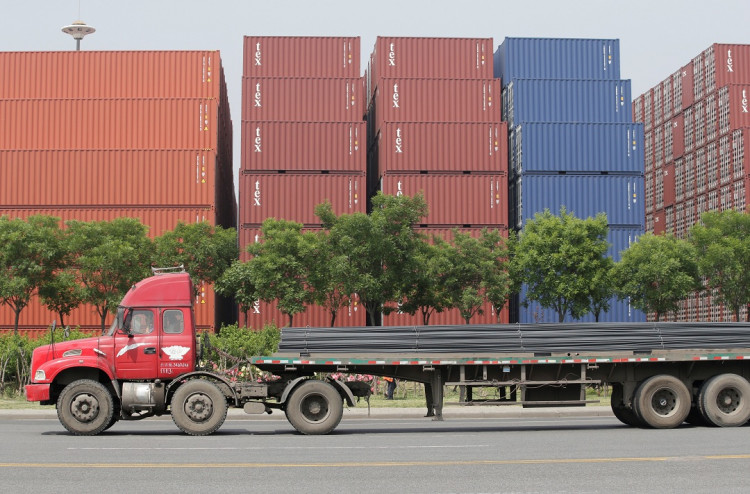After finally reaching a consensus, the United States has now agreed to lift all tariffs on aluminum and steel imports from Mexico and Canada. The agreement is a step forward in finally cementing the United States-Mexico-Canada Agreement (USMCA) to officially replace the North American Free Trade Agreement (NAFTA) established more than two decades ago.
According to a statement released by both the United States and Canada, the tariffs will officially be lifted this week. Following the Trump administration's decision to impose tariffs on metals coming from Mexico and Canada last year, trade amongst the three nations quickly deteriorated.
The US imposed a 25 percent tariff on steel imports and a 10 percent increase for aluminum. Canada and Mexico immediately retaliated and imposed their own tariffs on US imports.
Trump originally announced that he would be imposing tariffs on all of the countries currently importing and exporting steel and aluminum from the US. He originally excluded Canada and Mexico from his list, but later backtracked on his decision due to delayed negotiations and included both countries.
During a recent event, Trump mentioned that he was very pleased with the agreement his administration has made with Canada and Mexico.
The president also called on Congress to formalize the USMCA to make the "economy even more successful." Meanwhile, Mexico's foreign affairs undersecretary for North America, Jesus Seade, mentioned that the agreement has been met with "great enthusiasm" in his country.
Canadian Prime Minister Justin Trudeau recently mentioned that the negotiation process was quite a long one as they had to hold a "lot of conversations" with Trump over the past few weeks. Trudeau apparently had to convince the leaders of the two nations that the tariffs were doing more harm than good to both the consumers and the respective countries' economies.
As part of the agreement, all of the countries involved agreed that they would have to establish a monitoring system to check on all aluminum and steel imports. This would be to prevent the selling of the steel products acquired from a separate country. The agreement also allows for tariffs to be imposed depending on market conditions and prices.
Canada is currently the US' biggest buyer of steel, accounting for around 50 percent of all US steel imports. Meanwhile, the US is the biggest buyer of aluminum from Canada, accounting for 84 percent of its aluminum exports. The Coalition of American Metal Manufacturers and Users (CAMMU), a group that was formed to fight against Trump's metal tariffs, praised the decision. The group mentioned that the tariffs only served to damage the sector by inflating prices.






